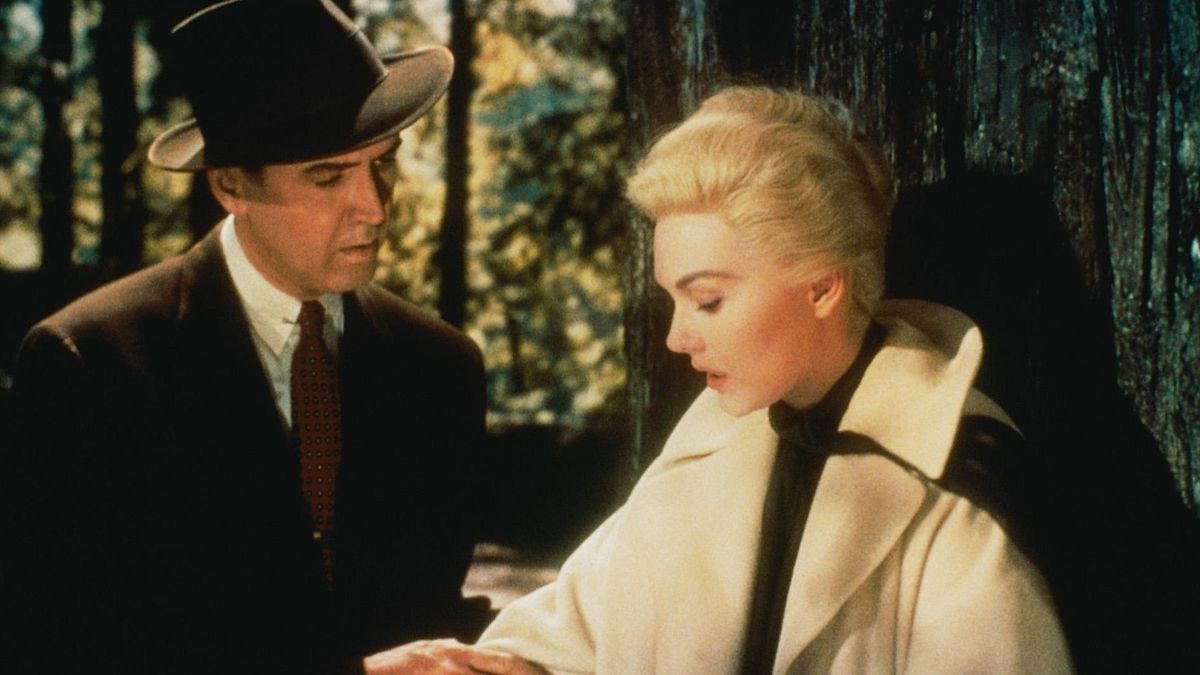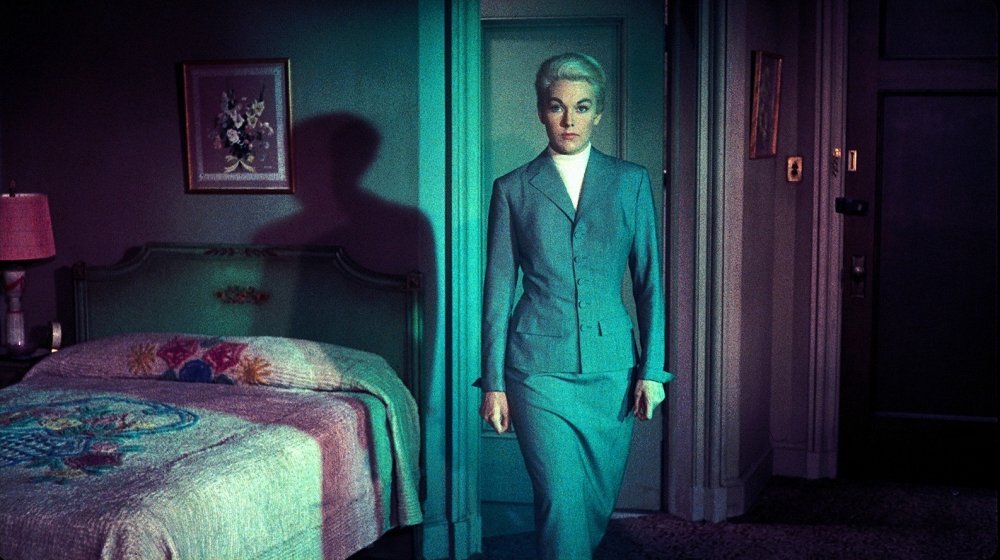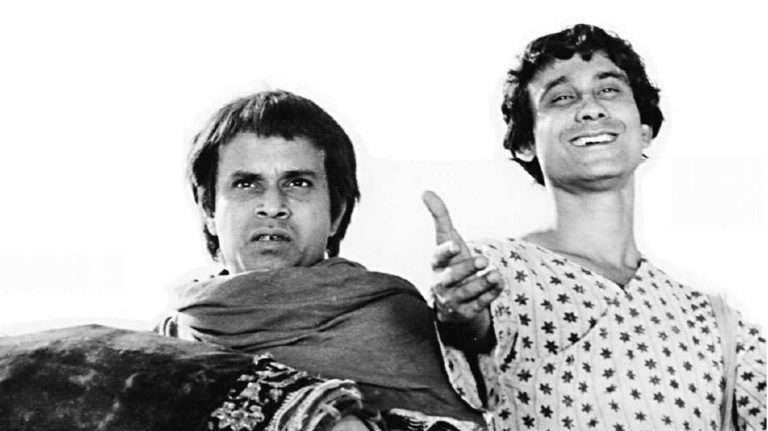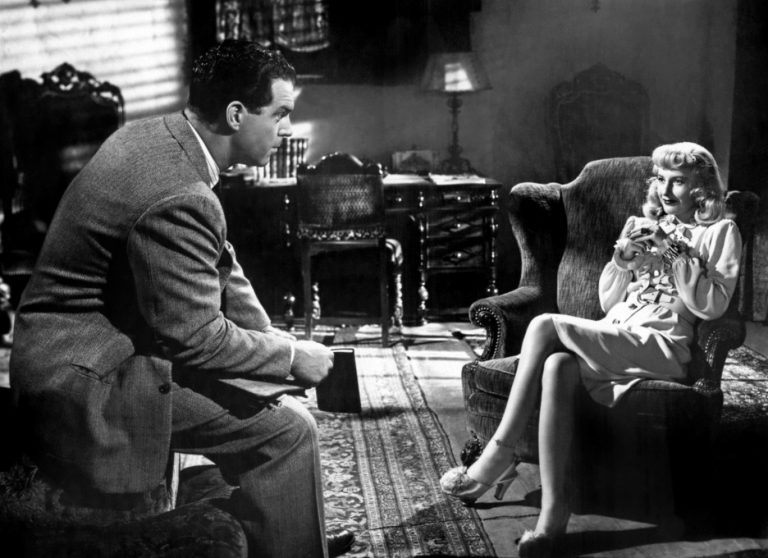Hitchcock and his Emotional Minefield: In his autobiography Gama no Abura, Akira Kurosawa in an attempt to explain the meaning of his pièce de résistance, Rashomon, says “If you focus on the impossibility of truly understanding human psychology and read the script one more time, I think you will grasp the point of it.”
I have toiled, struggled, pegged, and bent over backward to grasp and comprehend the very message behind films; that unexplored, implicit, unplumbed interpretation that makes everything about the study of film so much clearer and seems to come so naturally to others. The skill I lack. Every time I read a review, comment, or analysis of any film that has even the smallest novel element, I am reminded of my lack of observations.
Also, Related to Hitchcock – A Lookback at Marnie
I wanted to write a feature titled ‘Alfred Hitchcock in love’. Try to implore his obsession with psychologically – impaired protagonists just like Judy (Kim Novak, Vertigo) does when she asks Scottie (James Stewart, Vertigo) “Couldn’t you like me, just me, the way I am?” I attempt to provide, through this article, my observations about character development in his film Vertigo and draw relations between the aforementioned with the filmmaker’s motivation to create them.
Hitchcock was in love. He was in love with everything that was bona fide; unadulterated. He confessed this love throughout his life in the fashion that he knew best; filmmaking. James Stewart’s character, Scottie Ferguson, falls hopelessly and obsessively in love with his friend’s wife Madeleine Elster (Kim Novak). Halfway through, we find out that he is guilt-ridden over the fact that he could not stop her from falling off the Bell Tower; his acrophobia that causes his vertigo. The same phobia that had forced him to retire from the police during a rooftop chase where he’d ended up hung on the edge of a high-level drain and in the process of rescuing him, his colleague had died.
How would you feel if you were in Scottie’s place? Traumatized from witnessing a death or repentant that the deceased had met this fate because he was trying to apprehend you from a similar one? Let us not forget his erstwhile fiancé Midge (Bel Geddes), who still harbors feelings for him despite their short-lived engagement. We bear witnesses to it when she presents him with a portrait of herself as Carlota Valdes, the very woman who had possessed Madeleine’s soul. Madeleine, whom he talks about with such passion that nearly compels the listener to be just like her so that they could be the recipient of that amour fou. And that is precisely what Midge did. The gesture, however, adds on to his pyramid of guilt for he doesn’t reciprocate the same feelings.
Also, Read – Art and the Obstinate Expectations of Avant-Gardism
What about the pseudo – innocent rendezvous that turns into trysts, surely those don’t fall far from the pyramid, considering the severing of not only a professional attitude but a friendship too. Hitchcock pushes his (Scottie’s) limits when it comes to the cornucopia of guilt and grief he’ll be able to take. He drives his character to the point of saturation, which he reaches sooner than what the audience might disagree with, i.e when he isn’t able to save Madeleine.
[Watch] “The Green Fog”: Guy Maddin’s masterful patchwork homage to Hitchcock
All that is left in the end is a man that is so consumed with his regret, his desolation, his shame, his hopelessness, his incapability to act courageously in the face of danger that he completely shuts himself off. When the level of emotions gets uncontrollable – the mind, in an attempt to regain equilibrium completely dismisses the cognitive processing of emotions. We can see that when Midge visits him in the sanatorium and he is mostly unresponsive. What the Doctor claims to be is guilt complex and acute melancholia that he suffering from. She tells him that it is more complex than that because “He was in love with her, he still is.” Midge knew from the beginning that John was falling into an abyss and as much as she could, she tried to stop him from getting pulled further. But a man in love is no simple thing. He refuses to see the reality of the situation and wants nothing but to bask in his own version of it. Through Scottie’s obsessively fetishistic love, we can trace the obsessive love Hitchcock had for filmmaking and the lengths he would go to realize that.
It is confusing for the audience to keep track of the characters. Their sympathies lie, for throughout the designations of innocent and guilty change. John Scott Ferguson, who was up until now the bearer of compassion now starts showing signs of toxicity. A quality that stemmed from his idea of love and not love itself as the woman in question was an ideology and not a being of facticity. It is when a brunette counterpart of Madeleine is hurled his way, that Scottie’s catatonia surfaces and he mold Judy into Madeleine.
Related to Hitchcock – National Identity In The Romantic Aesthetic of Michael Powell
The need to fulfill his desire of being with a woman that he had idealized, even if she is a figment of his imagination, would be the ultimate catharsis for him. The same dizziness that stopped him from saving her is the same meta that makes him a necrophiliac. On the flip side, we have a person who would do anything to be loved. Even if that means going as far as changing her identity; her reality; to be completely and unconditionally loved. As much as some may disagree, Midge mothered him. Judy and Midge’s role in Scottie’s life can be very well paralleled with Hitchcock’s actual life.
Hitchcock was full of fears. Hence, the idiosyncratic death of all his female leads or so I believe. He was also acutely aware of the control those fears had on him and so to understand them, he played them out on the screen through his actors. He wasn’t looking for a cure. He was simply trying to understand them enough so that they don’t prevail over his better judgment. But when you look at the other side, those fears and/or curiosities must have kept a tighter reign on his creativity than what we or he would’ve thought.
I have a feeling that inside you somewhere, there’s somebody nobody knows about – Alfred Hitchcock.








